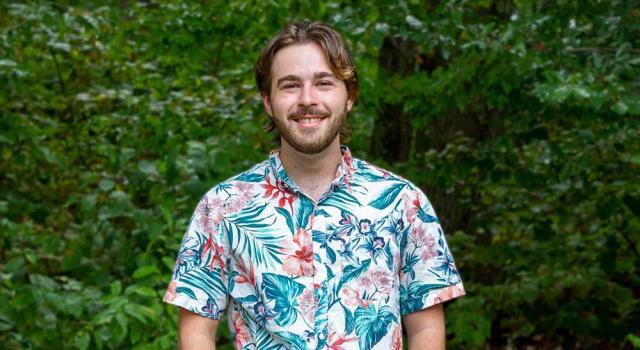The majority of adults are able to read fluently, however, learning to read can be challenging. As children learn to read, the process is dependent on a number of skills and requires a great deal of adult guidance. We will focus on the development of the complex skill of reading, including phonemic awareness, phonics, fluency, and higher-order processes that contribute to decoding and text comprehension. Because instruction can play a determining factor in children's acquisition of literacy skills, we will study early reading materials and examine strategies that are employed in the classroom to facilitate the acquisition of these skills. In addition, we will discuss the cultural importance of literacy. We will also consider the importance of multicultural children's literature and explore aspects of critical literacy in the classroom. Evaluation will be based on class participation, a series of short papers, and a longer final project Keywords:Literacy, education, childhood studies, child development



